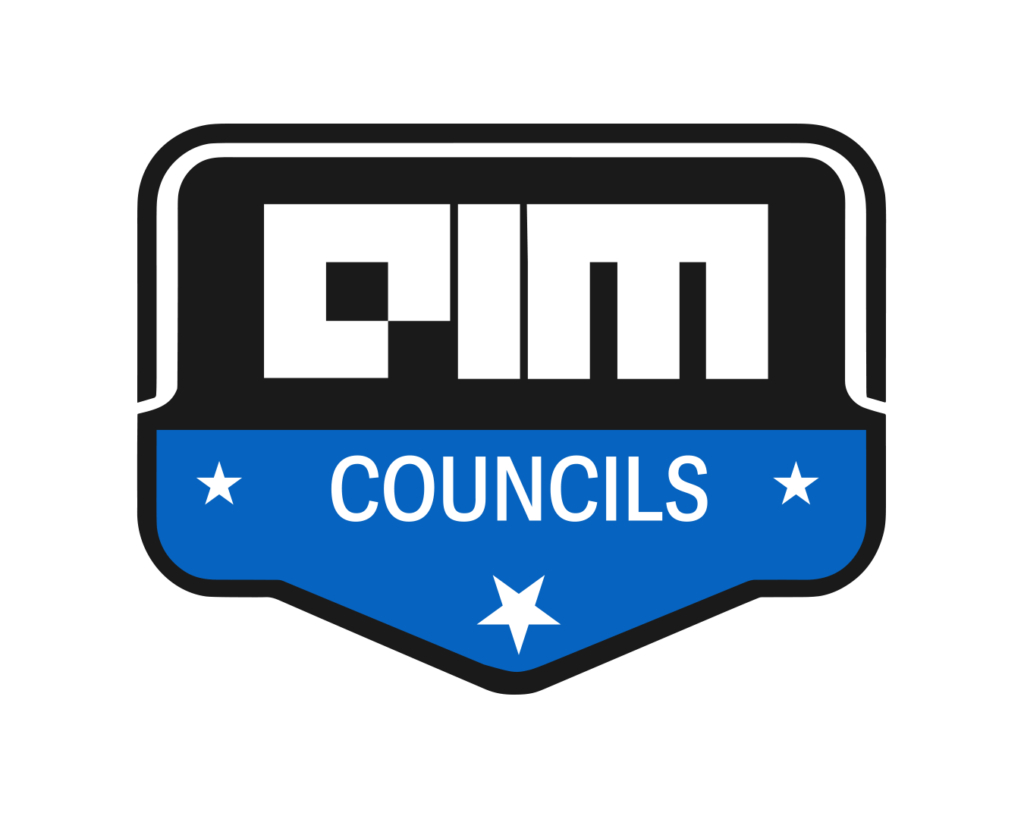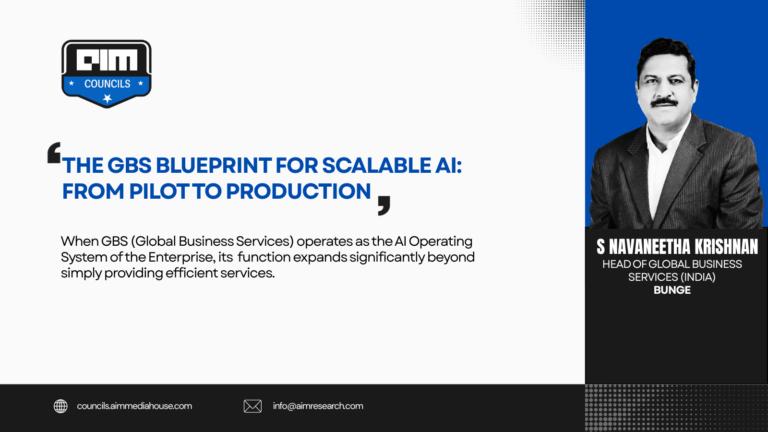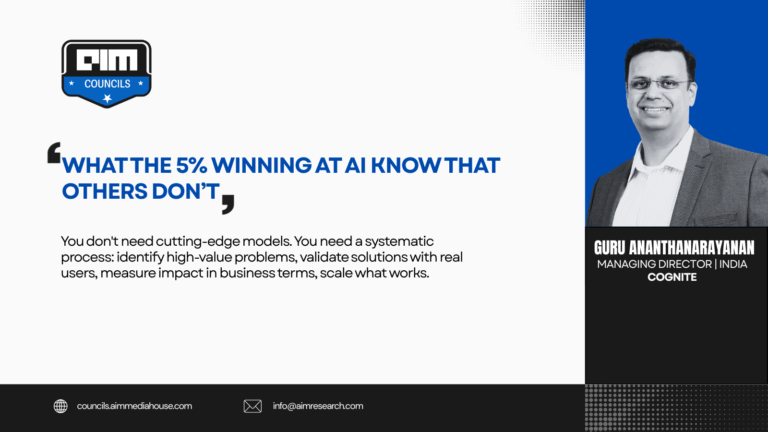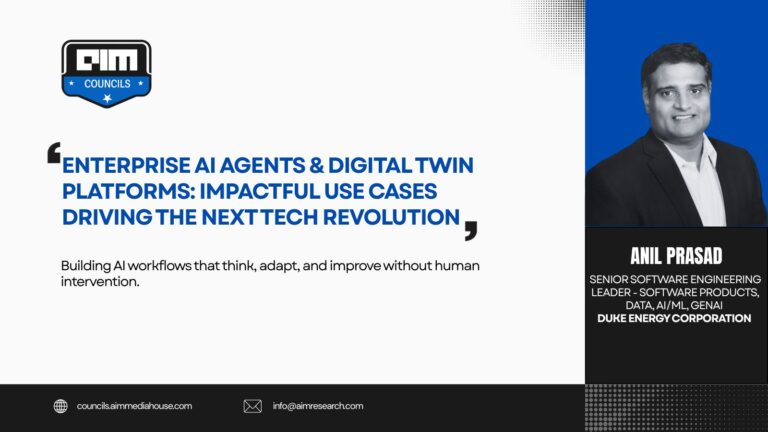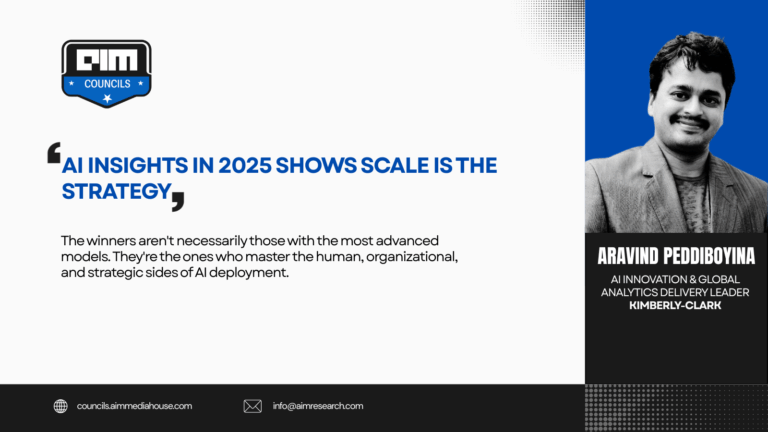As artificial intelligence continues to evolve, a new class of technology is emerging—one that could fundamentally alter the nature of white-collar employment. Agentic AI, a term used to describe autonomous software agents capable of reasoning, planning, and executing tasks independently, is no longer theoretical. It is operational. And its potential implications for the professional workforce are as profound as those of industrial automation for factory floors.
Unlike traditional AI, which is largely reactive and dependent on direct input, agentic AI can operate with initiative. It understands goals, takes actions without being told, adapts to new contexts, and even collaborates across tools and systems. In short, it behaves less like software—and more like a self-directed teammate.
For council leaders, policymakers, executives, and organizational strategists, the rise of agentic AI poses an essential question: Are we prepared for a future in which some of our most critical white-collar functions are performed by code, not colleagues?
Understanding Agentic AI: From Automation to Autonomy
The difference between automation and agency is crucial. Automation handles repeatable tasks; agentic AI handles dynamic processes. Where automation executes predefined actions, agentic systems interpret intent and pursue it through autonomous decision-making.
Imagine an AI agent that can manage a product roadmap, analyze customer feedback, and prioritize engineering tasks—without human initiation. Or an agent capable of monitoring regulatory changes, interpreting compliance implications, and updating internal reporting standards. These are not futuristic hypotheticals. Early-stage deployments are already underway across sectors from finance to legal to tech.
This shift suggests a significant rebalancing of the workplace—not replacing human intelligence but reassigning it.
The Recomposition of White-Collar Roles
White-collar work has long been thought of as safe from full-scale automation. Yet agentic AI is pushing boundaries. Rather than eliminate entire jobs, it dismantles and redistributes their components.
- Analytical roles are enhanced as AI takes over data processing, freeing humans for synthesis and strategy.
- Administrative functions—such as scheduling, reporting, and communications—are increasingly within the grasp of autonomous agents.
- Knowledge-based roles like legal research, financial modeling, and technical writing are being rapidly augmented by AI capable of producing first drafts or performing initial reviews.
New roles are also emerging, such as “AI interaction designers,” “agent orchestrators,” and “digital operations lead”—titles that didn’t exist five years ago but will be core to managing and leveraging AI ecosystems.
Preparing the Workforce for a Hybrid Future
This evolution calls for a recalibration of how we prepare professionals for the future of work. It’s not about resisting automation—it’s about reskilling for augmentation.
Key competencies that will define success in an agentic workplace include:
- AI fluency: Understanding how AI agents work, their capabilities, and their limits
- Complex judgment: Interpreting AI outputs, resolving ambiguities, and making nuanced decisions
- Emotional intelligence: Providing the human trust, leadership, and empathy AI cannot replicate
- Agent governance: Knowing how to deploy, monitor, and refine autonomous tools responsibly
Public and private sector leaders must now treat AI skills as foundational—not specialized.
Leadership, Policy, and Ethical Implications
The integration of agentic AI into white-collar environments isn’t just a technical shift; it’s a governance issue. If an AI agent makes a financial decision or interprets a regulation incorrectly, who is accountable? As AI begins to act with autonomy, traditional accountability structures may no longer suffice.
For councils, regulators, and senior leaders, proactive frameworks are needed:
- Transparency standards for agent behavior and decision paths
- Oversight mechanisms to ensure ethical deployment and fair outcomes
- Liability protocols for actions taken by autonomous systems
- Clear communication with the public about how these technologies are being used
Doing so will be critical not only for compliance but for maintaining trust as AI begins to act on behalf of institutions and individuals alike.
Conclusion: A Defining Inflection Point
Agentic AI represents a turning point in how we conceive of work, teams, and human potential. It doesn’t signal the end of white-collar employment—it signals the beginning of a new era in which humans and AI will work in tandem, each complementing the other’s strengths.
For councils guiding industry, workforce, and policy decisions, the opportunity is to lead this transformation with foresight, equity, and a commitment to long-term resilience. The shift from coworkers to code is underway. The question is not if we adapt—but how well.
